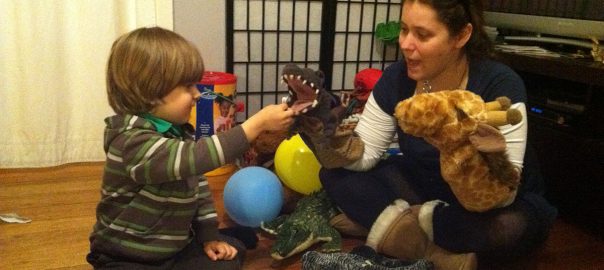This website will be under development throughout 2018. Check in periodically for updates.
I won’t lie: part of the reason I’m so passionate about parental empowerment is because there is SO much I wish I knew, when my son was little, that I didn’t learn until much later. And, like many new mums of babies, I spent a lot of time feeling secretly exhausted, worried, lonely, incapable—craving community and knowledge. I also had a lot of fun, too, and was deeply in love with my son! But if I knew back then what I know now, after 11 years of parenting and nearly a decade in children’s services, then I could have alleviated much of the weight on my son and I in those early years, by harnessing all the evidence-based “life hacks” that can enrich every parenting moment, without all the unnecessary stress of the unknown.
That’s what this section of the Early Learning Continuum website will be all about. Stage by developmental stage, I’d like to share with you my learnings, both professional and personal, to try to save you from “I wish I had known!” syndrome. There are plenty of sites out there that give you information about fantastical supermum activities—and the implicit pressure can be intimidating and depressing. Those sites are about the showreel of parenting. This site is not about that. This site is about the behind the scenes footage. It’s about the pragmatic reality of parenting. It’s about tackling the warts and all, and arming you with strategies for the inevitable challenges. It’s about reassuring you that it’s actually your interpersonal and linguistic interactions in the routine activities of your day that are most important, not designing (or paying money for!) complicated and lavish learning activities. The best, most rich and meaningful parenting moments are opportunistic, and follow the child’s lead.
In lieu of all that content to come, check out the rest of the site, and the four 3a (Abecedarian Approach Australia) Family Guides below, from Melbourne University. I like to describe these documents as “picture books for parents”. It’ll take you three minutes to read each one. They consist of a big, bold photo on each page, and one or two sentences about the simple evidence-based learning opportunity to be found in the pictured interaction.
